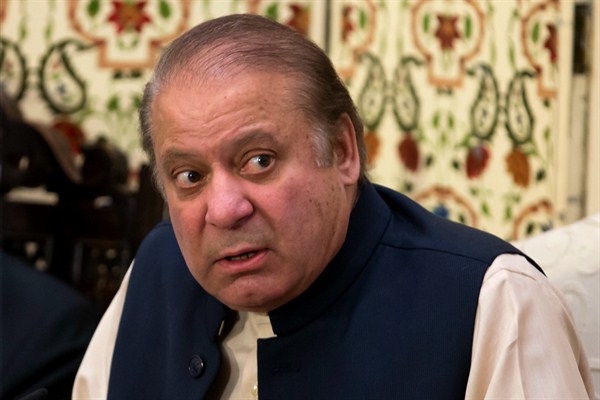Evidence of ethics violations by President Donald Trump and his inner circle continues to accumulate, with a rash of plea deals, indictments and guilty verdicts broadsiding the White House in recent weeks. But while Americans grapple with what some observers have called the most corrupt presidential administration in U.S. history, a remarkable wave of anti-corruption activism has swept the rest of the globe.
In the past three years alone, corruption scandals have led to the ousting of prime ministers in Pakistan and Malaysia, impeachments of presidents in Brazil and South Korea, and resignations of presidents or prime ministers in Guatemala, South Africa and Iceland. Anti-corruption protests also toppled a crooked leader in Ukraine in 2014 and inspired the 2010 uprising against Tunisia’s president that launched the Arab Spring.
As a political scientist specializing in good governance in emerging economies, it is gratifying to see the fight against corruption take center stage. The consequences of corruption, such as reduced economic growth and ineffective political institutions, are well-known, leaving little doubt that curbing graft is a worthy goal.

